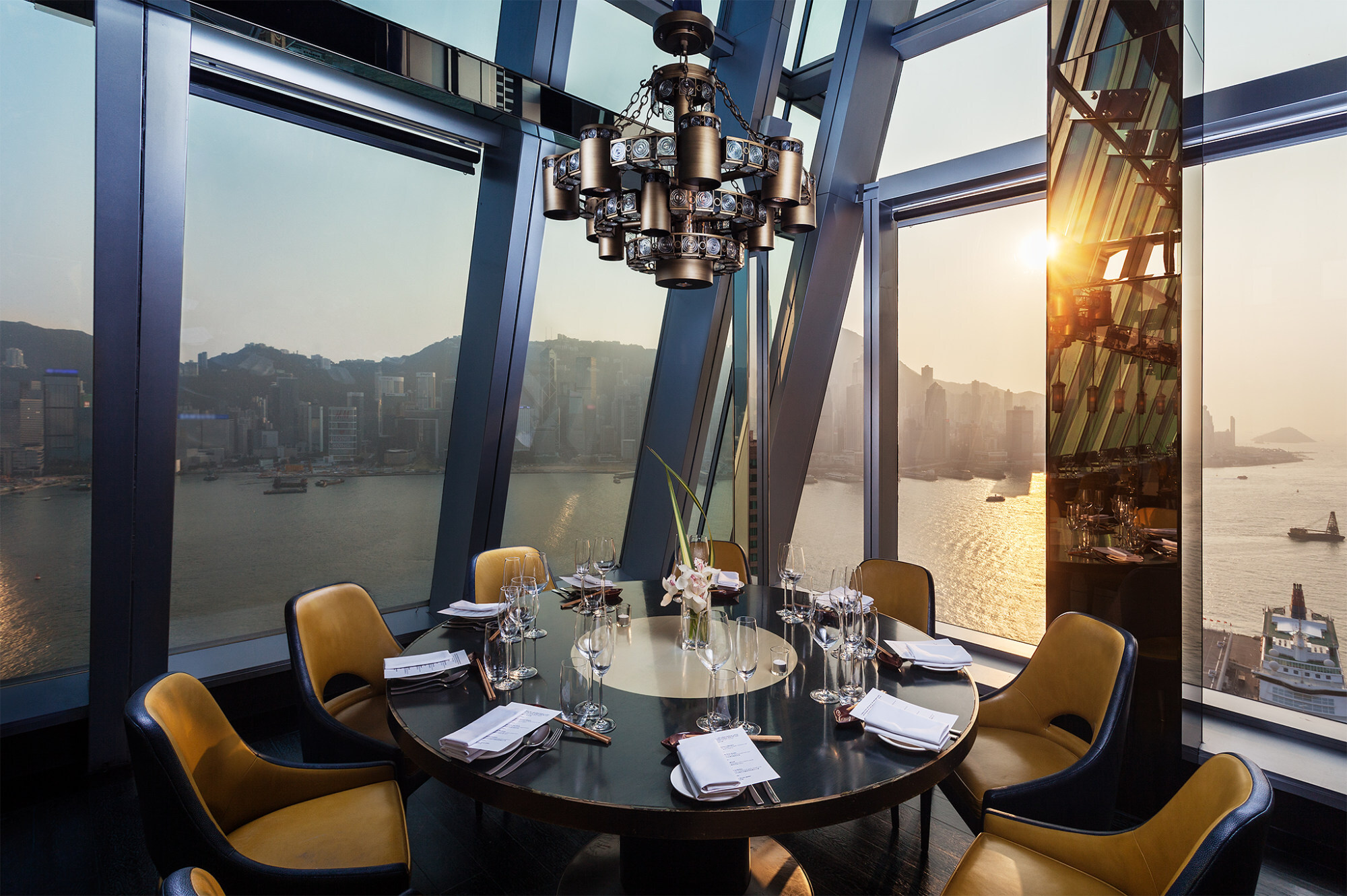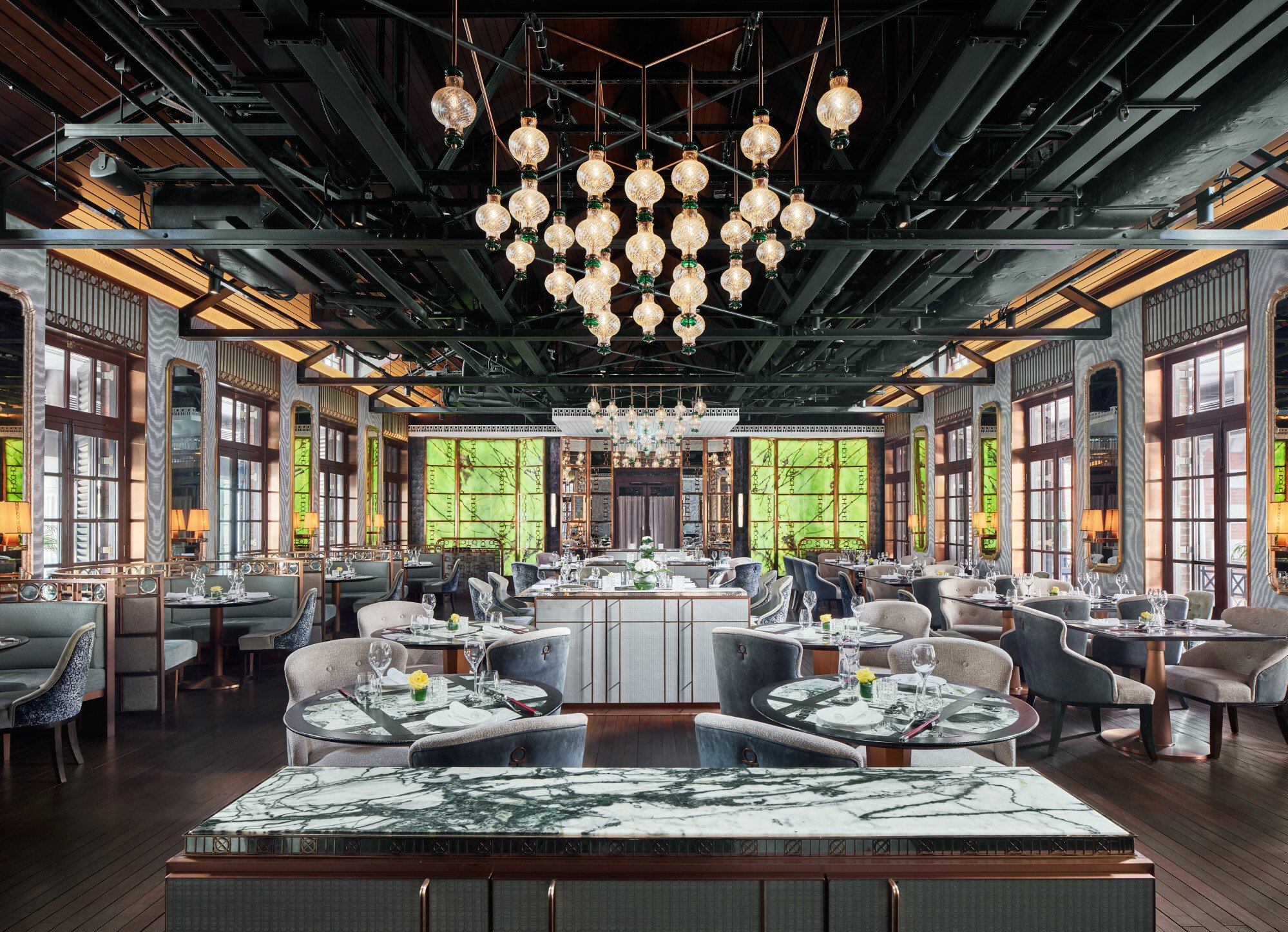
2 new Hong Kong restaurants to replace Hutong, Aqua, which are moving – founder David Yeo explains why, and what to expect from their replacements
- Hutong and Aqua have been in One Peking for 18 years, but restaurateur David Yeo says the new location in H Zentre ‘gives us a chance to showcase more things’
- A second branch of The Chinese Library and a yet-to-be-named Italian concept - which was meant to open in London first - will move in behind them
Restaurateur David Yeo is executing an ambitious plan. The London-based Singaporean is, having completed 21 days of hotel quarantine to enter Hong Kong, trying to open four restaurants in the city – almost all at once.
“For these two fairly iconic restaurants, it will be great to have something really exciting, plus [the new location] has something this place doesn’t have: it’s got three outdoor terraces. It’s bigger and it just gives us a chance to showcase more things, really.”

“Our furniture was supposed to have arrived by now,” Yeo says. “All of a sudden, the factory had to shut, they had to satisfy their quota so all the district chiefs were taking turns cutting off the power. It’s the luck of the draw if your factory is affected or not.” This has had a knock-on effect on the opening of The Chinese Library and the new Italian concept.

The spaces on the 17th and 18th floors of H Zentre have panoramic views of Hong Kong Island, and the highly anticipated outdoor terraces will be ideal for taking advantage of cooler temperatures in the coming months.
Yeo says that The Chinese Library’s new second location in Tsim Sha Tsui (the first is in Tai Kwun in Central on Hong Kong Island) is to satisfy Kowloon-side diners’ preference for dim sum and Chinese food, while the new Italian concept will be good value at around HK$700 (US$90) per person with cicchetti – small plates of food – with wine.
The concept was supposed to be launched in London first, but its delay means Hong Kong gets to be the guinea pig instead. Lucky us.

The menu focuses on Sicilian dishes, including pizza, and Yeo describes for us a pasta with sardines with pine nuts, raisins and wild fennel that makes our empty stomachs rumble. As wild fennel is grown seasonally and may be hard to import, he says the chef may use dried fennel instead.
“The view from Hong Kong can only be appreciated from the Kowloon side. It’s like Shanghai – to appreciate the Bund, you have to be in Pudong and look back, rather than be in the centre of the Bund itself. Kowloon affords us that kind of space. We can’t get that kind of space on the Hong Kong side.”

More than 20 years ago, Yeo, a confessed foodie, was a lawyer working in Hong Kong. When he cooked for friends, they enjoyed his food so much that they encouraged him to open a restaurant.
In 2000, he opened a 60-seat “canteen for boys” on Hollywood Road, just above the Graham Street wet market – one of Hong Kong’s oldest street markets – in Central.
Unlike other local groups that have franchises, Yeo says Aqua Group is Hong Kong’s first international restaurant group, with 22 wholly owned outlets in the city, Beijing, London, New York, Miami and Dubai.

The success of the group, he says, is down to organic development and waiting for the right moment.
“I firmly feel we’re only as good as our last restaurant,” he says. “So we rather grow a lot slower than boom boom boom – that’s just our style. You don’t see Aqua Group opening and closing its doors, that’s not us.
“We started our restaurants as an extension of our kitchen, so we just share whatever is fun, and if we hit that nice midpoint people will keep coming back. For me, I’ve never aspired to open a six- or eight-seat restaurant that’s booked up for six months, that doesn’t interest me. If you want to cook and have a party, you have to have a lot of people around and it’s about interacting. For us, it’s very much a people business.”

